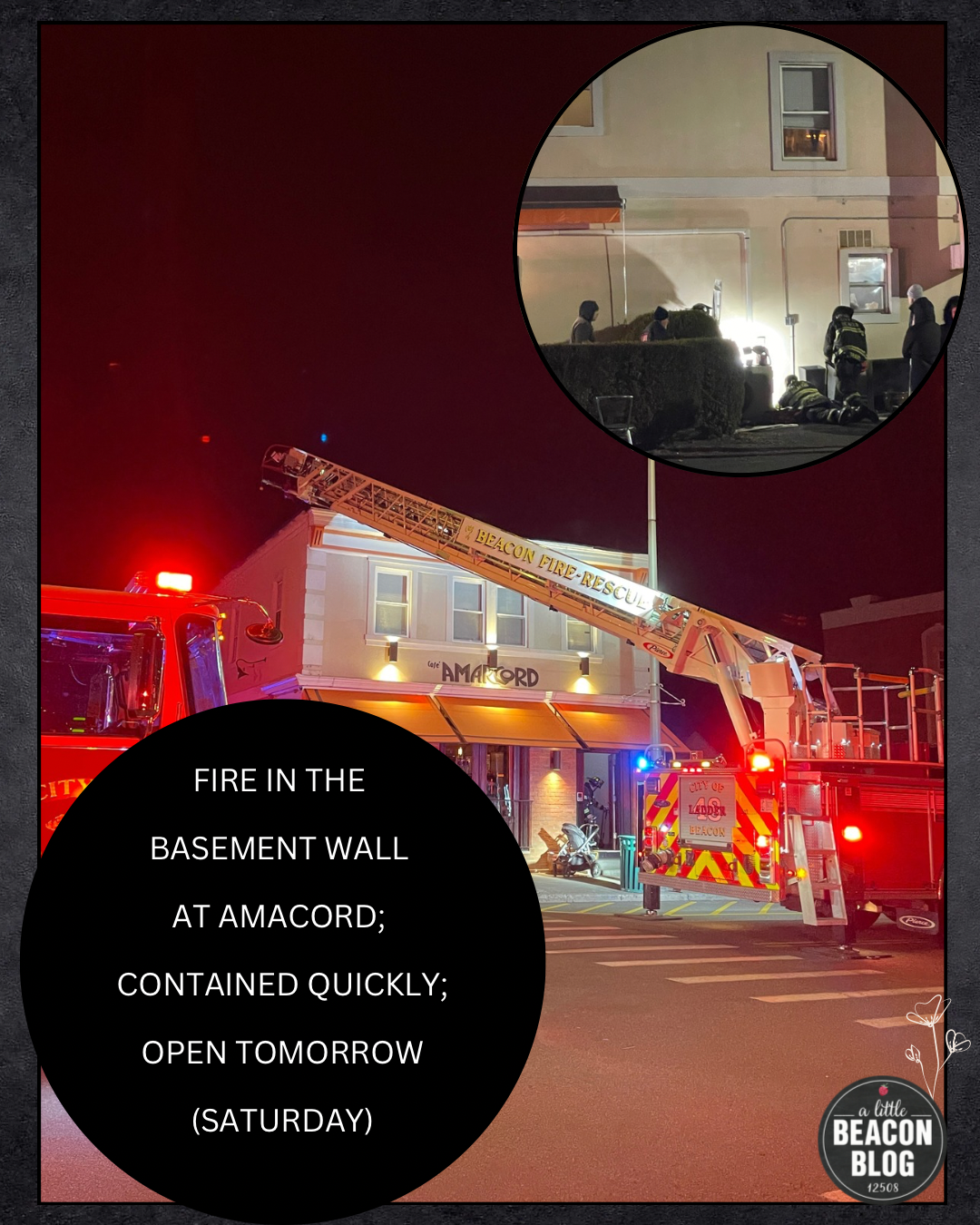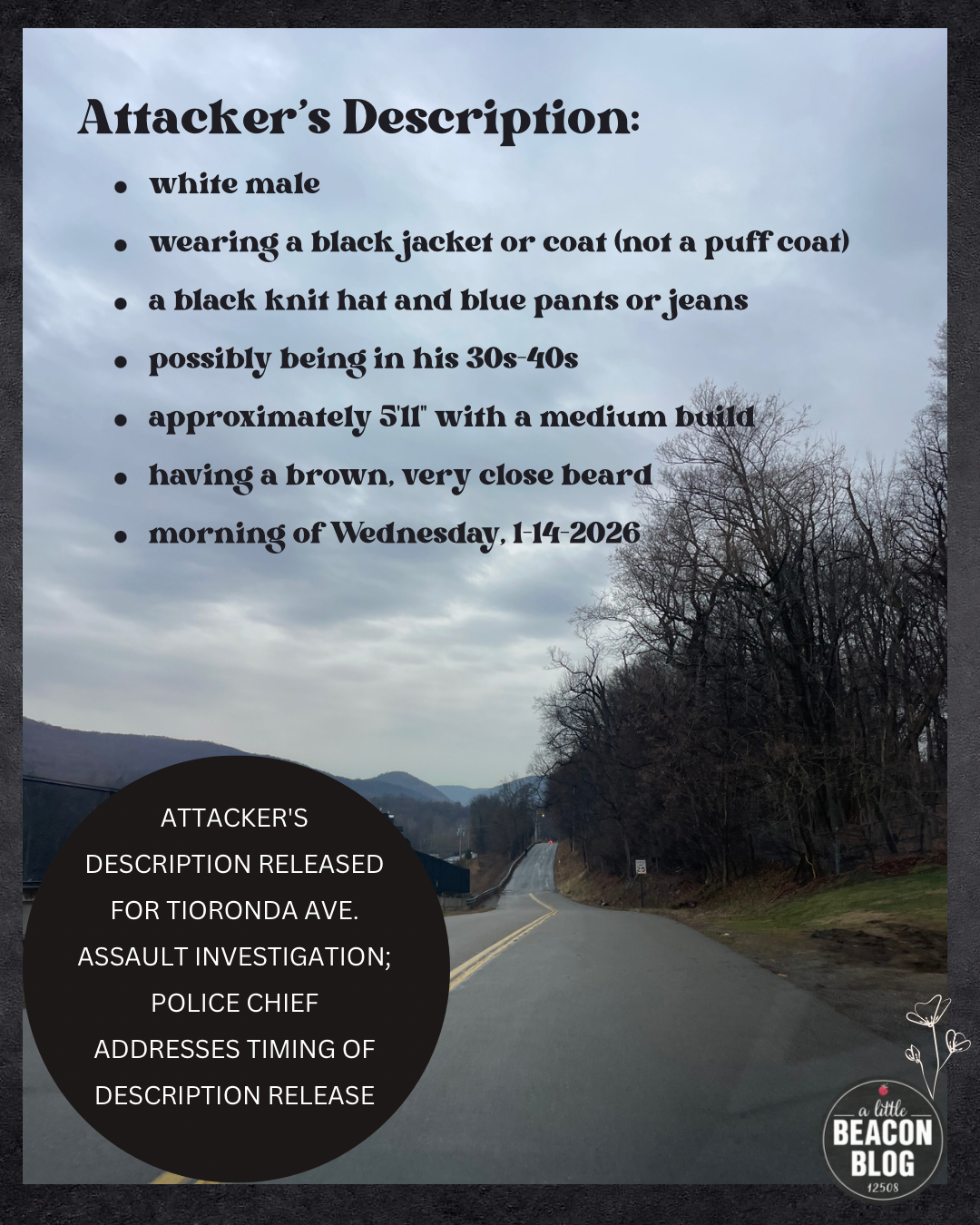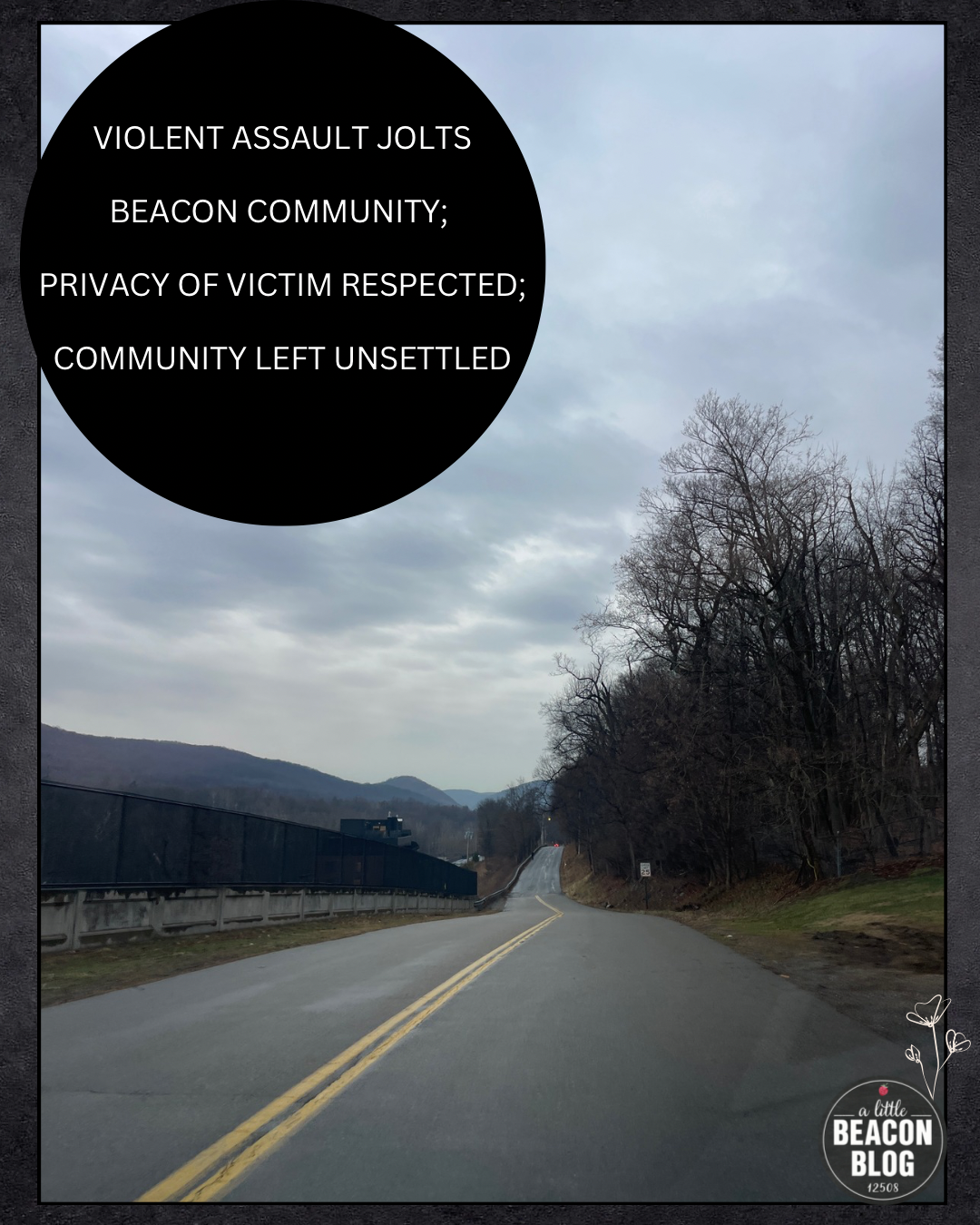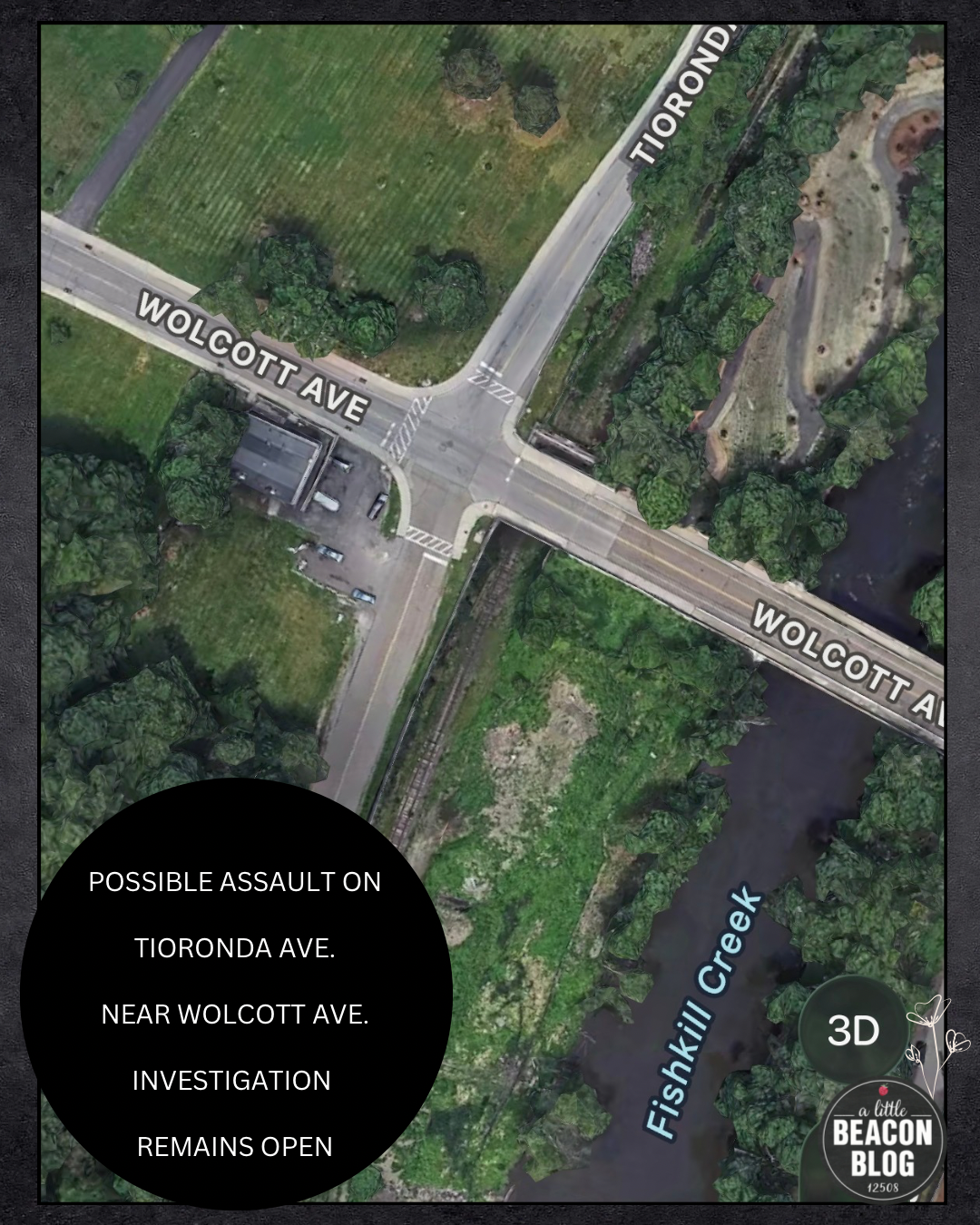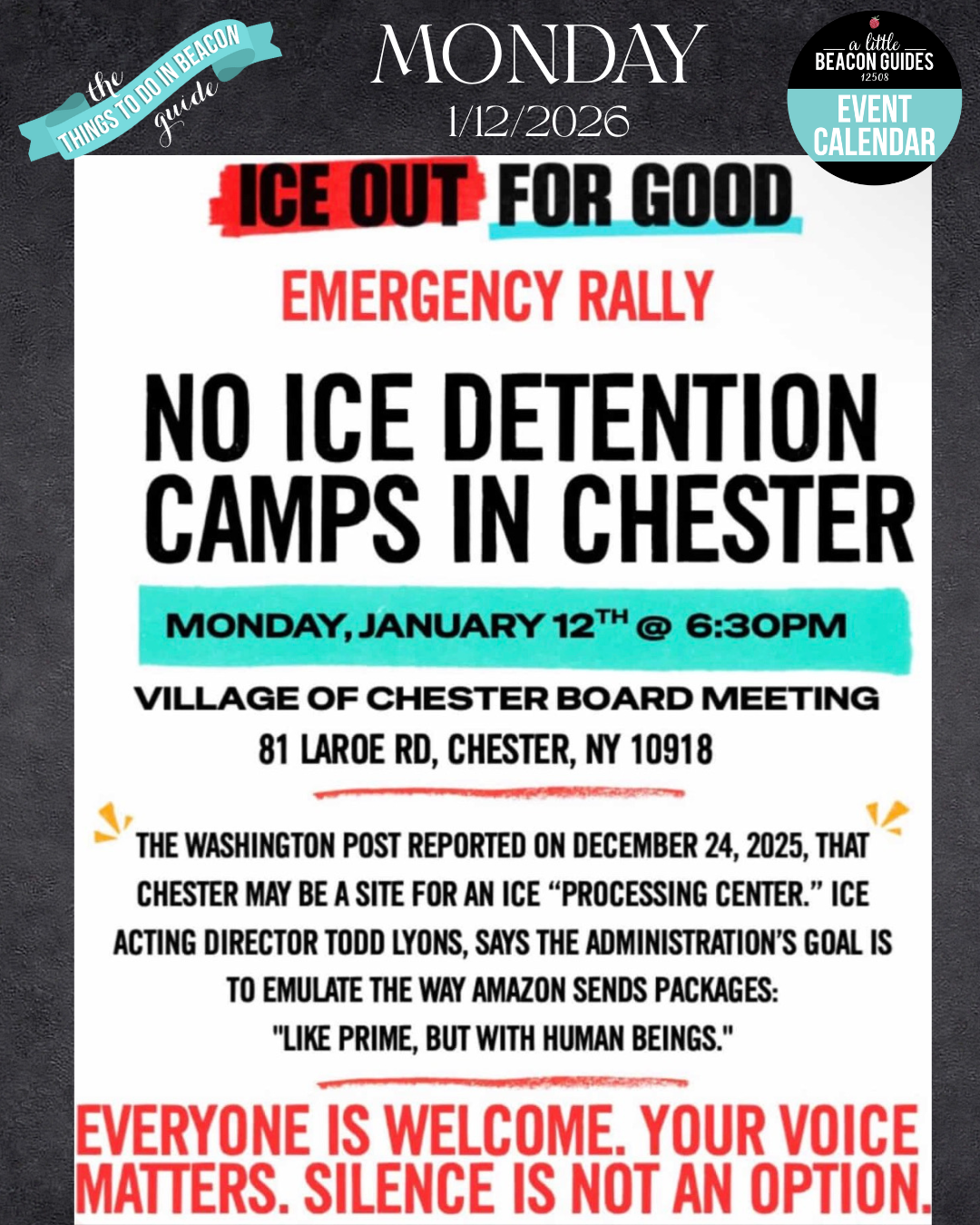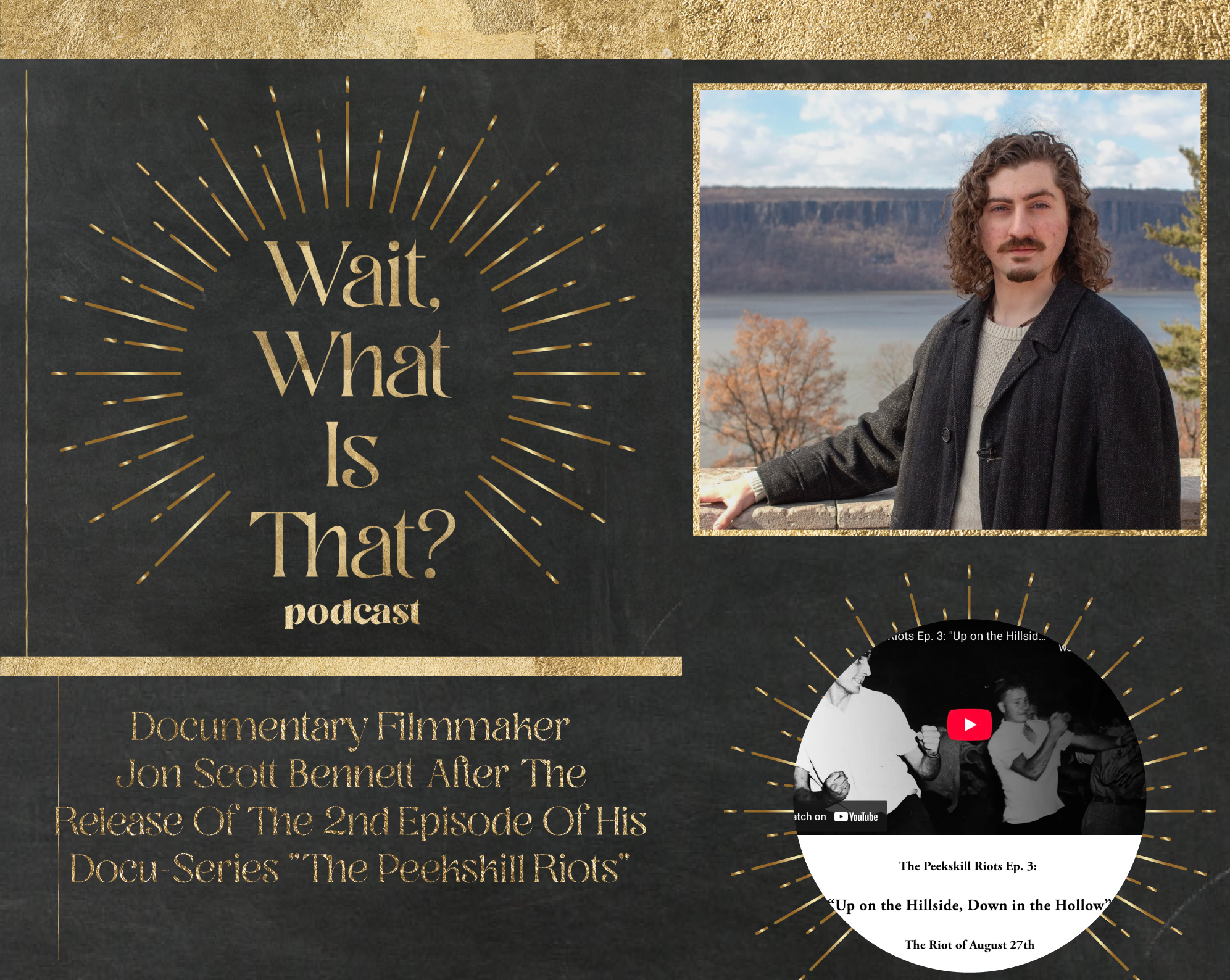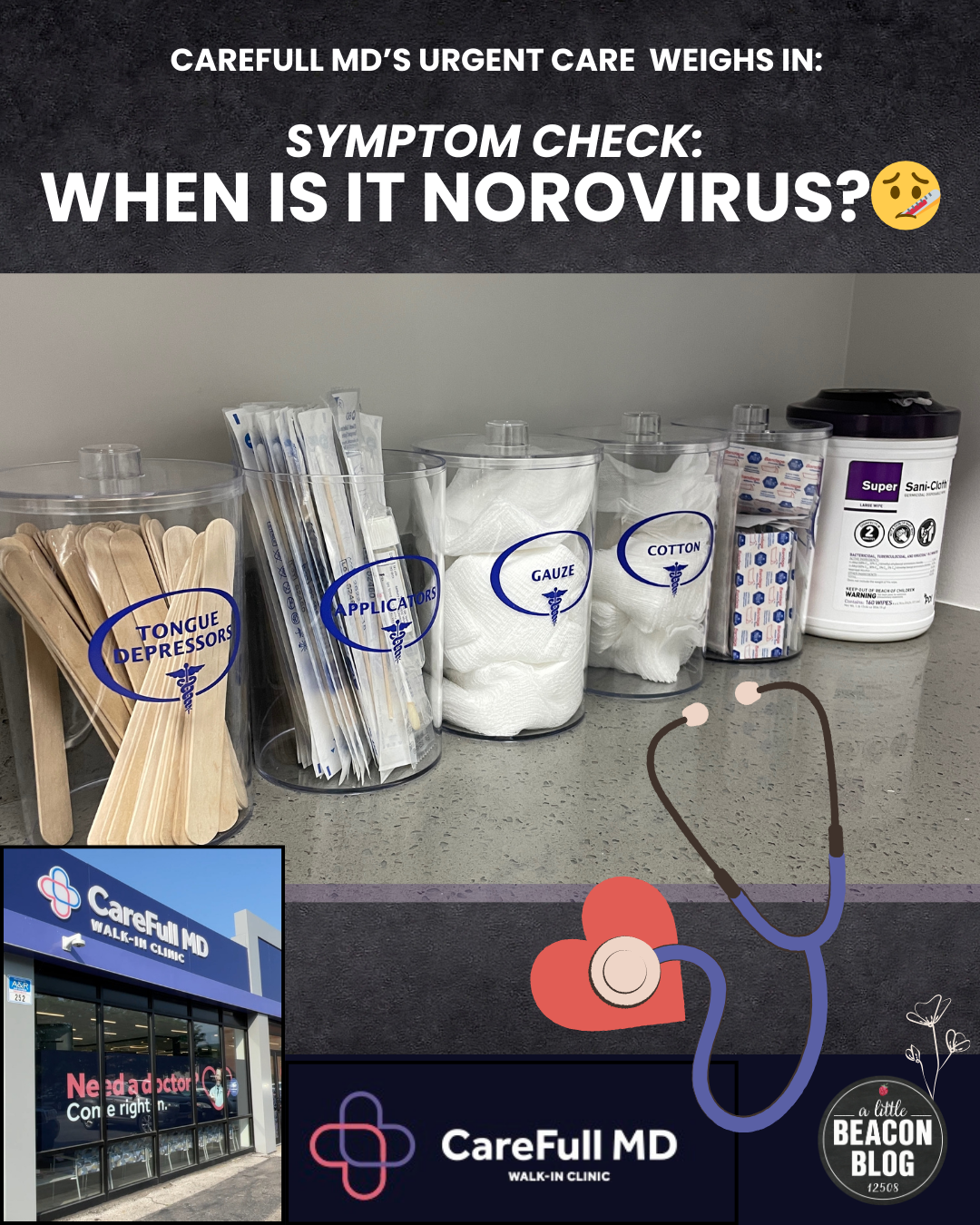Monday March In Beacon Against Police Brutality & Racism - Video, Photos and March Experience
/Word about this march floated through Instastories, passed from friend to friend, that a march down Main Street was planned in Beacon to speak and chant and kneel against police brutality and racism. One mom heard about it from her teenager. Organized by a student who is black and wanted to not use his name in the initial organizing, citing fear of being targeted as others have in other cities. Lineup was at 2:45pm at Chase Bank, and by 2:30pm, dozens of students - black and brown and white - young and old and with canes and knee braces - were walking down Main Street towards the mountain to start at the beginning - the parking lot of Chase Bank - before marching down Main Street.
White youths who carry tennis racquets in backpacks. Maybe there’s a round-robin after the march? After the march, as people gathered at Pohill Park, the speakers conjured Martin Luther King in their inspiration.
Photo Credit: Katie Hellmuth Martin
One white youth carried 3 tennis racquets in his back pack, while his 2 friends each carried at least one racquet while another eagerly passed out water bottles. When offered the water bottles, several march participants declined. Water bottles have come to be symbolic as they are hurdled at police cars in other cities across the country. There was no police presence around Chase during the warm-up of the crowd as more and more people gathered. People held signs and left the drive-way open at Chase for bank customers to drive out after doing transactions at the window.
One protestor’s sign asks: “Beacon Police: How are you speaking out?”
This photo taken while marchers were chanting: “Hands Up, Don’t Shoot”
Photo Credit: Katie Hellmuth Martin
Participants kneeling for George Floyd against police brutality.
Photo Credit: Katie Hellmuth Martin
Before the march began, two students rallied the crowd. In the crowd was one of Beacon’s City Council members Terry Nelson of Ward 1, who attended with his daughter (see ALBB’s full interview with Terry here). One student who is brown circled around in the group, breathing phrases into everyone’s lungs, as he encouraged people to shout: “I Can’t Breath,” “Hands Up, Don’t Shoot” and “Say My Name: George Floyd.” Everyone put their hands up as they shouted “Don’t Shoot.” At other times, the march leader told everyone to take a knee against police brutality, which they did. A young woman with caramel skin got up on his shoulders and thanked the people for coming, getting choked up as she looked at the variety of faces who were there to show support. “This means everything right now. Everything. To see all of you out here. Every skin color…This is real and it’s happening everywhere!” After the march, she encouraged participants to educate their white friends.
One of the organizers, thanking the participants for showing up, and stressing the importance of why they were there.
Photo Credit: Katie Hellmuth Martin
Signs read: “Skin color is not reasonable suspicion,” and “No Justice No Peace Black Lives Matter”
Photo Credit: Katie Hellmuth Martin
The march began down Main Street, headed away from the mountain and to the Hudson River and Pohill Park, the traditional meeting spot for rallies, protests, and celebrations. Shortly after the people began marching in a sea of signs, a police presence appeared up ahead. At least 3 police cars spaced themselves out in front of march in a moving street closure, where they drive with the marchers by escorting in front. Today it was providing protection for the marchers, who by now had grown to a quarter mile long. Main Street is one mile long.
Beacon Police created a moving street closure for the march. The street closure lasted until Wolcott Avenue, where traffic was stopped both ways to create a safe space on Wolcott for when the crowd arrived at Pohill Park.
Photo Credit: Katie Hellmuth Martin
After The March, The Speeches
The people filed in at Pohill Park, with the overflow people people going up South Avenue and Main Street. Police blocked off Wolcott Avenue from Rombout Avenue to West Main Street (the street that takes you to the train). Police officers were gathered in the middle of that intersection, with one directing traffic and the others discussing among themselves. A few people from the march approached the group of officers to say: “Join us!” The officers discussed, and later, after two speeches by the organizers, one officer, whose face many regular attendees would recognize from City Council Meetings as he weighs in on questions about enforcement regulations, emerged from crowd.
During the speeches, the two organizers continued to lead the attendees in chanting, while still more new people joined the group. One grandmother standing on the sidewalk nodded her head. Ali T. Muhammad spoke after the student organizers spoke. Ali is a former Beacon City Council person for Ward 4, and ran for Mayor of Newburgh last year. He pushed for the next steps and asked the rhetorical question of why everyone had gathered and participated, emphasizing that after all this, things must change. He implored people to register to vote, and to show up to vote.
A third speaker described his experience with the police. He described how dangerous it is for him to raise his hands from the steering wheel, reminding the crowd of black people who get shot during traffic stops. “Don’t reach for the keys, don’t reach for anything, except your phone. Turn it on. Turn on your camera, or go live on your Instagram.” His message was of driving in fear - constant fear of being pulled over and how that can end in death.
If you are a white person reading that sentence, and if you think it is exaggerated, simply recall your own story of being pulled over. Think about how it might have funny moments. How you sweated it out while digging through your glove compartment, trying to find your insurance card. Then ask your black or brown or South American friends about their experiences being pulled over, and you will hear very different stories. Stories of them sweating it out as they insist to an officer that they don’t have drugs in the car, as they drive home from a babysitting job and had a break light out.
Beacon’s Chief of Police Responds To ALBB’s Questions About Protest
A Little Beacon Blog reached out to Beacon’s Chief of Police, Kevin Junjulas, to hear his reaction to the march. Chief Junjulas was formerly Captain in Beacon, and was promoted to Chief after Beacon’s at the time current Chief, Doug Solomon, had left the Beacon Police force. At that time, according to then Mayor Randy Casale during a City Council meeting, Mayor Casale heard about the departure from a radio report.
Solomon left to join the Newburgh Police Department, a department he had served on prior. He was also Mayor of Monticello, until he resigned from that as well in May 2018 in order to be Newburgh’s Police Chief. On March 27th, 2020, in Newburgh, a fatal shooting of a black man happened, and riots broke out. Organizers of that are unknown. Solomon went on leave shortly after that. In May 2020, Solomon resigned.
After his resignation, Newburgh has an Officer in Charge, Lt. Kevin Lahar. On Tuesday, June 2, 2020, Newburgh held a peaceful protest against police brutality and racism. Officer in Charge Lt. Kevin Lahar took a knee with protesters, shook hands and hugged a protester.
Back to Beacon’s current Chief of Police, Kevin Junjulas, who was promoted into the position with high aclaim by then Mayor Casale, and has been involved with community events when they are organized in order to contribute dialogue. Here are Chief Junjulas’ answers to ALBB’s questions:
ALBB: Was the Beacon Police Department alerted to the march in advance?
”We were aware of the event and were monitoring social media to anticipate crowd size and to try to identify an organizer. We were able to identify the organizer and had conversation with him prior to the event in order to coordinate how best to facilitate a safe protest for all involved.”
ALBB: Some people from the march asked the officers at the intersection at the end of the march who were directing traffic form Main Street to join them. Did any Beacon Police officers join the protesters?
”Obviously patrol officers assigned to the detail are tasked with certain duties to assure the safety of the protestors and the public, it would not have been feasible or appropriate for them to join in. I assigned Lt Figlia and Lt Frost to the detail as the highest ranking detail supervisors.
ALBB: Do you have a statement about the march? About why the people feel the need to have one? And how that makes you feel as the leader of the police force? At today’s march, there were black and white students as well as black and white grandparents and parents with strollers.
”Like all reasonable people, we are outraged by the actions of the officers in the killing of George Floyd and strongly condemn their actions. We also support the first amendment and the right to peacefully protest.”
Beacon’s City Council Responds To Police Brutality and Racial Injustice
“Every time I hear about another black person getting stopped or killed by the police, it’s a trigger for me. It is taking every ounce of courage for me to get through this meeting, and get through this week.”
Every Monday night, Beacon’s City Council holds a meeting. During the Reports section of tonight’s meeting, when the City Council members bring anything on their minds to the table, council people delivered. On this night, several council members gave comment. Mayor Kyriacou, who was on a scheduled trip on the day, said: “I can speak for the entire council and city when I say that we are shocked at the precipitating death of Mr. Floyd, and fully supportive of peaceful protest. I thank the community for speaking up in the non-violent tradition of Gandhi, King and Mandela, and the Police Chief and department for honoring and protecting our community.“
Dan Aymar-Blair estimated that 450 people attended the march. He thanked the protesters for “putting themselves out there.” Amber Grant encouraged people to register for an upcoming climate event, and then fell into an emotional grip as she acknowledged the pain of everyone now, and proceeded to have trouble speaking. Amber proposed to explore what Beacon can do at the municipal level.
Air Rhodes stood “in solidarity” and shared anger and encouraged people to reach out with what they need help with. Jodi McCredo said she stands with the protestors and would never want to tell someone how to protest, but encouraged social distancing, and to be aware of dissenters and to tell the difference between a protester and someone else,
Terry Nelson, who walked this march, calling it the one bright spot in his month, also had trouble finding his voice as he told the viewers and his fellow council members of the time when he was younger, he was walking at night in NYC with his friends when he was 17 years old, and was “stopped by a member of the NYPD and I had a gun in my face and I was told that I fit the description of a robbery suspect.” He said he is a 55 year old man now, and 38 years later, it resonates with him. “Every time I hear about another black person getting stopped or killed by the police, it’s a trigger for me. It is taking every ounce of courage for me to get through this meeting, and get through this week…We really need allies to be on our side right now. We need each other. We cannot do this alone.”
See A Little Beacon Blog’s interview with Terry here: “Interview With Terry Nelson, City Councilperson Ward 1, About His Police Experience And Emotions During Protests”
EDITORIAL NOTE: A Little Beacon Blog has reached out to Beacon’s Chief of Police, Kevin Junjulas, and Mayor Lee Kyriacou for comment for this article. Replies come in, and this article was updated.















